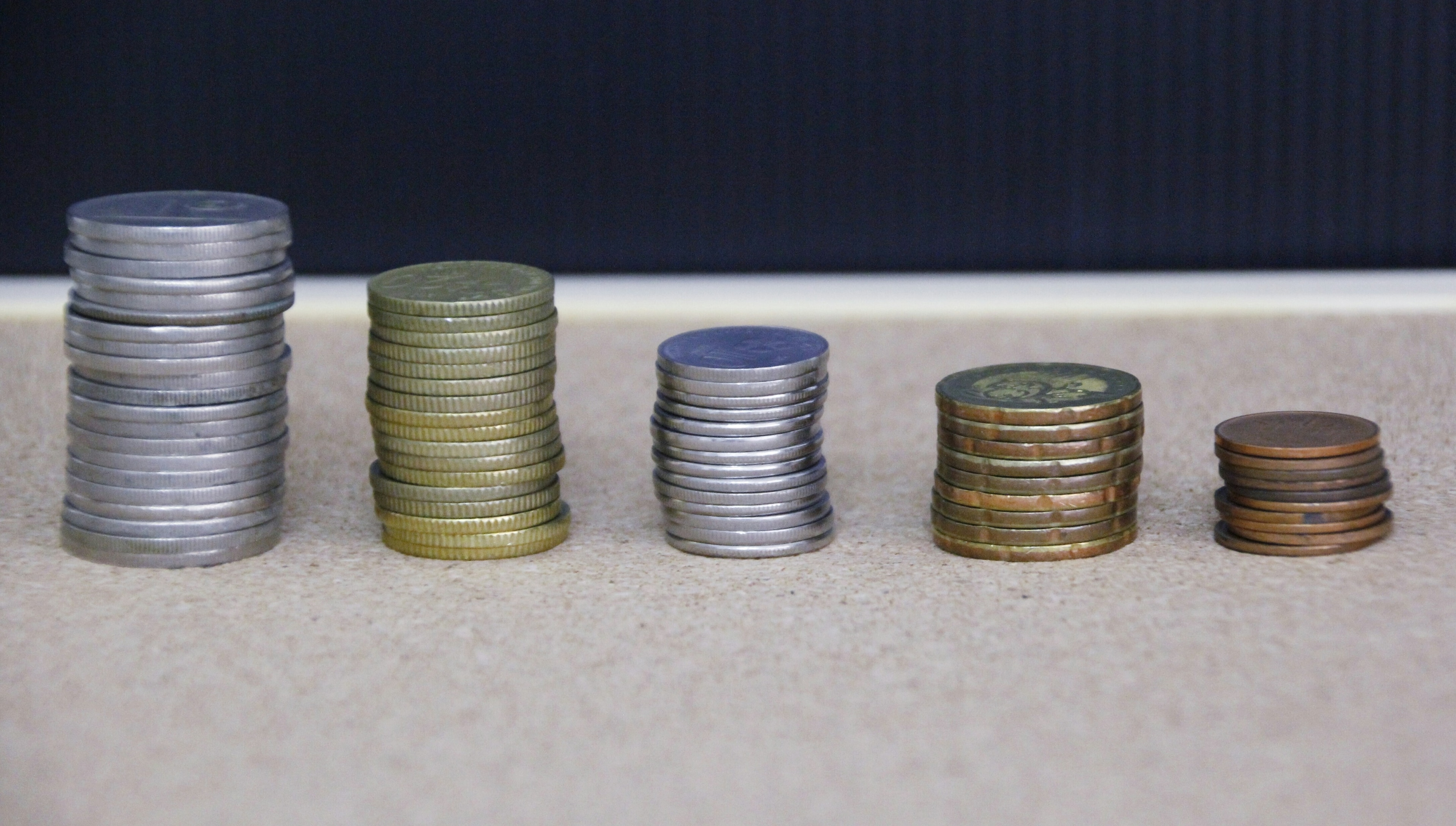What can two crows and a skull tell us about the economy?


Get involved with our crowdsourced digital platform to deliver impact at scale
Stay up to date:
Hyperconnectivity
Outside my window there are three trees, two poplars and a small fruit tree. Right now, two crows are flitting from branch to branch. At first glance, it looks like a touching pastoral scene: plants and animals, movement and rustling leaves. But there is more.
As I watch, I notice that one of the birds is trying to land on the branch on which the other is perched. Every time it approaches, the other makes aggressive movements towards it; there is something attractive about that branch, and it does not want company.
The same dynamic can be seen in human nature, and several economic models draw their explanatory power from the assumption that humans compete. Competitiveness is undoubtedly a powerful force in driving development, efficiency and creativity. Many of the world’s artistic treasures came into being via a healthy competitive spirit between cities and noble families. Some of the most spectacular developments in technology and business are driven by entrepreneurs looking for an advantage over the competition.
It might seem a short step from these observations to the seductive and cynical conclusion that whatever elegant and altruistic façade we put up, the real story of humankind is cutthroat competition; total war. But is it really true? As a theory, it leaves much unexplained.
There is another driving force in human affairs: gratuity.
I heard a story the other day that brought this point home. I was dining with two archeologists, who told me of a recent dig in the Caucasus region of Georgia where several hominid skulls had been uncovered, dating back about 1.8 million years, which was well before the emergence of Homo sapiens. The scientists could see that one of these skulls belonged to an elderly male, and that he had been unable to chew for the last two years of his life. So how did he survive? On the basis of the data, the archeologists felt forced to conclude that another member of the community had prepared food for him. One can only speculate why, but it’s clear that something like gratuity (dare we call it charity?) existed all those years ago.
Fast-forward to now. Many parts of our world economy are fragile; competition is rife. Authoritative voices call for us to rethink the market, or at least heavily regulate it; others espouse older ideas of how the market works, and call for more welfare, philanthropy, honesty and transparency; more equitable taxes, more efficient distribution. Can our economy learn anything from the two crows, mutually excluding each other from the branch outside my window, or from the proto-human community living at the dawn of time?
I do not intend to propose a blueprint for a completely new economy based on gratuity rather than competition, which would certainly prove to be an unworkable exercise in futility. Every step forward must start from the place in which we are. However seductive a utopian scenario may be, we know only too well that the actual exercise of power in political and economic realms does not follow the clear-cut lines of abstract thought. Instead I would like to suggest one small, concrete step forward: that we recall the experiences that have given us an advantage in our studies, careers and personal lives. It’s an act of memory that could help us significantly.
My own deepest memory of this sort involves my father. On several occasions, usually after I had done something wrong and been forgiven, he told me that “love is an absolute: nothing you could ever do would diminish my love for you”. That certainty was my starting point, the ground upon which I could stand. It was given to me before any talk of deserving, before and after any failure, and it was given again and again.
Something similar is true of all the people who have been instrumental in making me who I am. Some of them do not even know how important they are for me. They are the people who believed in me before I was worthy of their esteem, who turned the other cheek when I was angry, who patiently walked with me, shared an insight I would not have been able to understand alone, or picked me up and carried me after I had fallen.
Each of us could say something similar. Even the most self-made man owes a debt of gratitude. I believe this fact deserves more attention.
We often think of gratuity as something somehow “other” than the meat and potatoes of public life, which seems to be governed exclusively by a balance of power. We often speak of rights and entitlement; more rarely do we speak of gratuity, and even then only as a “soft” afterthought to the real business of bettering society.
And yet, experience tells us we could never have arrived where we are without the undeserved gifts from others. It tells us that rights are very important and worth fighting for, but that in the life of any woman or man, there are moments when undeserved forgiveness is the most necessary thing. There is nothing you can do that would diminish my love for you.
An analogy can be made in the economic sphere. Pope Benedict XVI wrote in Caritas in Veritate that “without internal forms of solidarity and mutual trust, the market cannot completely fulfil its proper economic function. And today it is this trust which has ceased to exist.”
We must rebuild this trust, which is the essential starting place for economic activity.
There is certainly much we can do to improve our thinking about market-driven economies and the relationship between government and private enterprise. Yet our thoughts must be grounded in a deep and humble gratitude for our parents, teachers and mentors, who have taught us to hope and trust. It is in their free gift of themselves that we became who we are. As gratuity strengthens the bonds between fathers and sons, so it does in the marketplace too.
I would suggest that it is our own freely given gifts of time and care that we offer the next generation the best chance of going further than us, whether in their personal lives or in their public lives, whether in politics or enterprise.
As I watch the birds carry out their petty argument among the branches, my guess is that they have done so for thousands of years and will continue to do so for many more. We, however, can hope to progress.
Read our report, Does Faith Matter? Leaders on the Role of Faith in Society
Author: Jonah Lynch is a Catholic priest who lives and teaches in Washington D.C.
Image: A crow flies near Soultz, eastern France, January 12, 2009. REUTERS/Jacky Naegelen
Don't miss any update on this topic
Create a free account and access your personalized content collection with our latest publications and analyses.
License and Republishing
World Economic Forum articles may be republished in accordance with the Creative Commons Attribution-NonCommercial-NoDerivatives 4.0 International Public License, and in accordance with our Terms of Use.
The views expressed in this article are those of the author alone and not the World Economic Forum.
Related topics:
The Agenda Weekly
A weekly update of the most important issues driving the global agenda
You can unsubscribe at any time using the link in our emails. For more details, review our privacy policy.
More on Financial and Monetary SystemsSee all
Joe Myers
April 26, 2024
Lucy Hoffman
April 24, 2024
Michelle Meineke
April 24, 2024
Annamaria Lusardi and Andrea Sticha
April 24, 2024
Emma Charlton
April 24, 2024
Piyachart "Arm" Isarabhakdee
April 23, 2024






